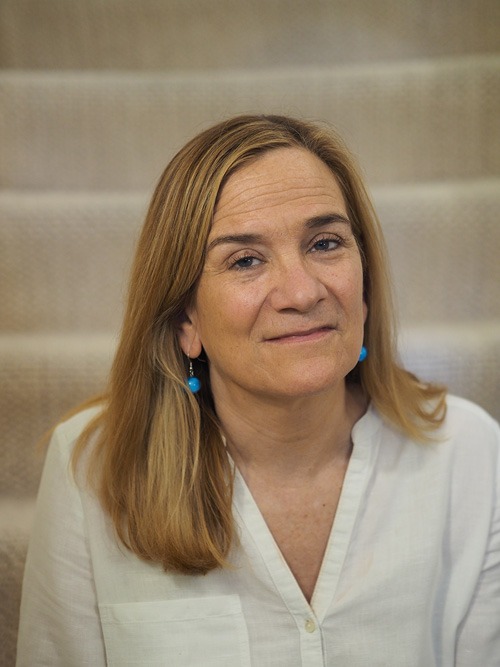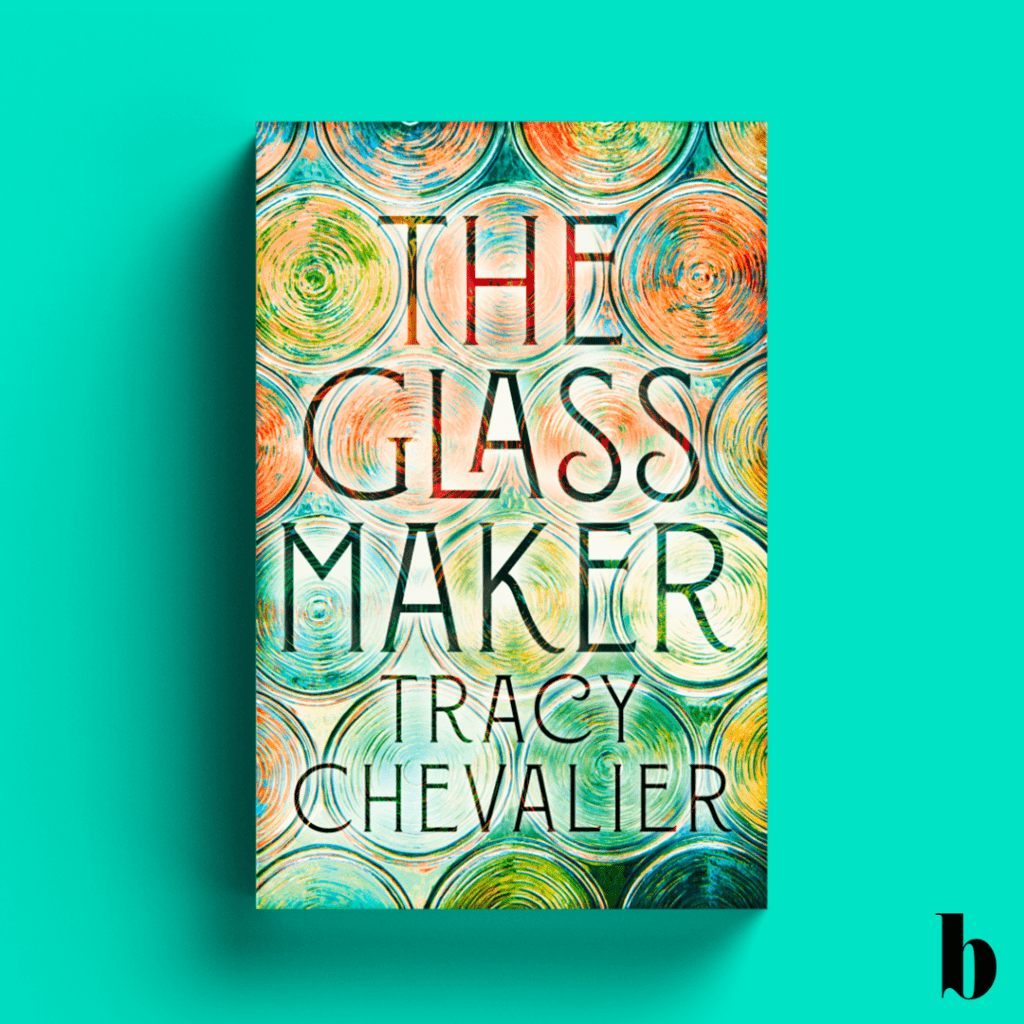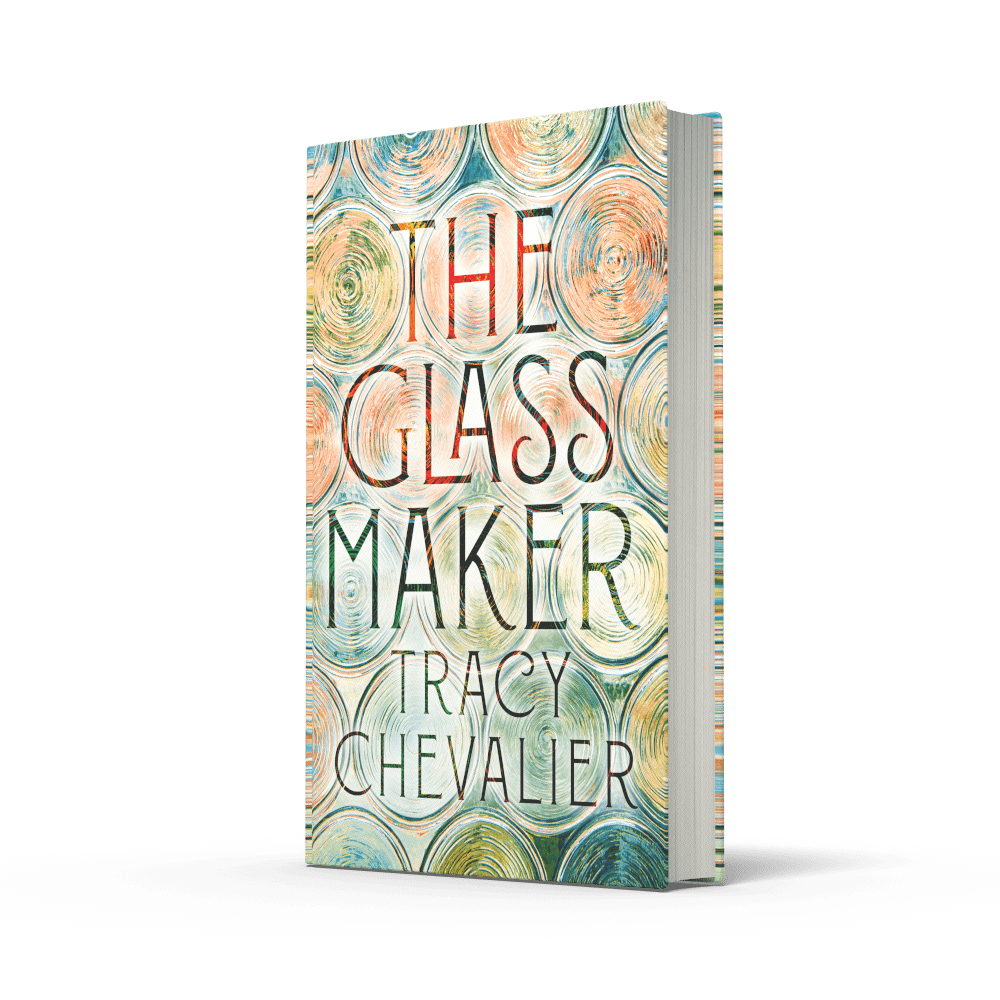Greetings, Reader –
I am delighted to introduce you to my new novel, The Glassmaker. Set in the most beautiful city in the world, about a remarkable, versatile material, the story follows the Rosso family, who live on the glass island of Murano, a stone’s throw from Venice. The Rossos make everything from simple glass beads to elaborate chandeliers, their work known throughout Europe and beyond.

I wrote The Glassmaker because I love Venice and wanted to get to know it better, to understand how it went from being a wealthy centre of trade to a decaying tourist playground. This meant setting the book over 500 years to give readers a sense of its historical sweep.
But I didn’t want to lose characters over that stretch of time, so I did something a little surprising: in The Glassmaker, Venetians don’t age at the same rate as the rest of the world. The heroine Orsola Rosso is 9 when the story starts in 1486, and in her late 60s when it ends in the present. How? Time alla Veneziana. Venice is such a timeless place, it just felt right that its residents might age differently.
I researched and wrote the novel primarily during the pandemic, when many of us experienced that peculiar sensation of time becoming destabilised, both slowing down and speeding up. Maybe that’s partly why I played with time – because time has played with us.
So, 500 years of glass. 500 years of canals, gondolas, plagues, feuds, wars and visitors. Small parts for Casanova, Josephine Bonaparte, and the famous beadmaker Maria Barovier, but the main stars are the glassmakers, especially Orsola Rosso, skilled with glass when women aren’t meant to be. And let us not forget love, for no novel is complete without a love story. Can it too transcend the vagaries of time?
I hope The Glassmaker transports you to this magical city, alongside these characters, and through time in a unique fashion.
Happy reading,
Tracy Chevalier
About the book

Venice, 1486. Across the lagoon lies Murano. Time flows differently here – like the glass the island’s maestros spend their lives learning to control.
Women are not meant to work with glass, but Orsola Rosso flouts convention to save her family from ruin. She works in secret, knowing her creations must be perfect to be accepted by men. But perfection may take a lifetime.
Skipping like a stone through the centuries, we follow Orsola as she hones her craft through war and plague, tragedy and triumph, love and loss.
Her creations will adorn the necks of empresses and courtesans from Paris to Vienna – but will she ever earn the respect of those closest to her?
Digital Assets
We have a whole range of digital assets available, which you are free to use on your social media or website. Click here to check them out!




